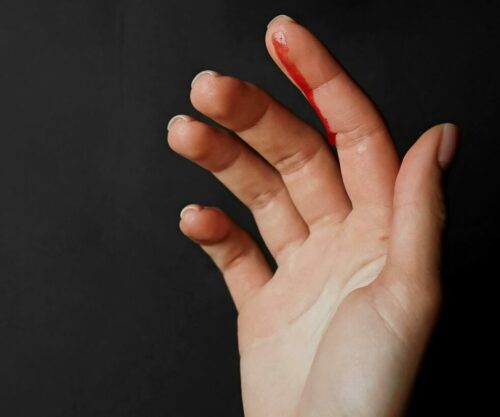
You may notice that there are certain things that you can’t go a day without doing or consuming. It might be an unconscious act but it can be an early sign of addiction to that particular substance.
The Cleveland Clinic defines addiction as a chronic disorder that can have a wide-ranging impact on your physical and mental health, relationships, and job.
“There are two types of addictions: drug use disorders and behavioural addictions,” reports the Clinic.
According to the above-mentioned source, addiction is treatable and it is critical to seek assistance as soon as possible.
There are indications that one should look out for in order to determine whether they have an addiction or not. Below are early signs to watch out for according to Healthline. The publication mentions that in the early stages, a person may not show obvious indicators of a full-fledged addiction. Some early-stage clues are:
- Experimentation.
- A strong attraction to a substance or activity.
- Seeking out circumstances involving the substance or activity, and episodes of bingeing or loss of control with minimal guilt.
- When it comes to popular social behaviours like drinking or smoking, it can be tough to tell if there is an addiction. What appears to be addiction could be an experimental phase or a type of stress management. However, if left untreated, a true addiction can develop into a burdensome habit or an elevated risk of disease.
The Cleveland Clinic advised on how to treat these early and mild signs of addiction before they build up to intense addiction, these are some of the techniques:
Detoxification: During detoxification, you stop taking the substance or doing the activity and allow it to depart your body and mind. It is the first crucial step toward treating an addiction. You can detox in both inpatient and outpatient settings.
Cognitive and behavioural therapy: Talk therapy can be used to treat addiction and other co-occurring mental health disorders. Therapy also provides healthy coping skills. Cognitive and behavioural therapy may be recommended on their own or together with medication.
Medication: Medication may be a component of your treatment approach. Medications can help change your brain chemistry and treat certain addictions. They can also reduce cravings and withdrawal symptoms.
Also see: Ways to prevent the spread of influenza




